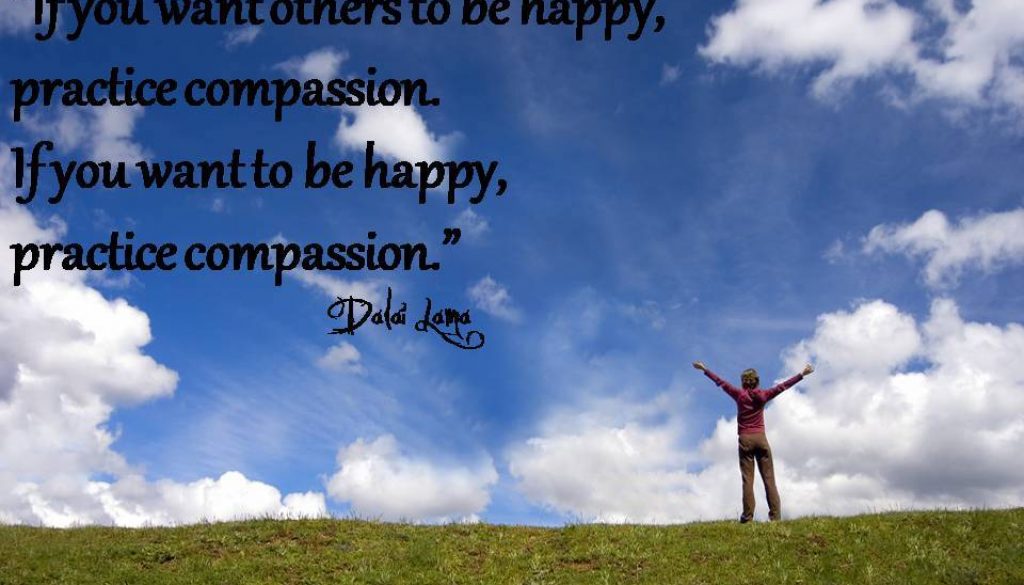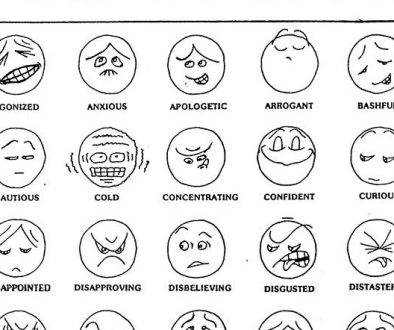What does a commitment to nonviolence mean to you? A CNVC Trainer’s answers
I’m grateful for the feedback I received from my last post. Here comes two new questions recently posed on our trainer group along with my responses:
- What does a commitment to nonviolence mean to you?

I enjoy the precision that comes when someone asks for the meaning of a word or concept. I like slowing things down in order to check and see if we are using words in the same way. I sense that some communication conflicts arise because I assume shared meaning when it does not exist.
So, first, I begin with my definitions. This does not imply that they are the “right definitions” nor that they are permanent. Its just how I am using the
words at this moment in my life to point to my direct experience. I honor that you may have the same definition, or that yours may be different.
Commitment means (to me) an agreement I make with myself to align my behaviors with my capabilities, values, beliefs and Identity/Spirit.
As for “nonviolence”, I go with Marshall Rosenberg’s paraphrase of Mahatma Gandhi: “our natural state of compassion when violence has subsided from the heart”.
In other words, nonviolence is my nature. My nature is to enjoy compassionate giving and receiving.
Compassionate giving and receiving is nonviolence in action emerging from a consciousness of interdependence.
Violence and compassion cannot exist in the same moment, as far as I can tell in my experience. They belong to two realms which can never overlap, like deep sleep and waking life. Is that your experience?
My practice (of NVC and the rest of my practices) is to undo the education I have received that apparently masks* my identity as the Spirit of Nonviolence and Compassion.
So, I am committed to remembering my nature, refining my intention and focusing on Presence. (This points to what we call “The Zero Step”.)
- Do you believe that, as a community, we share this commitment?
I like seeing everyone in our community (and in the world at large) as awakening beings doing the best we can to get our needs met in the midst of an education that hypnotizes us to think we are separate from one another.
My job (commitment) is to see you as Who you are, a whole human being sometimes fractured by the hypnosis of separateness, just like me.
I like to think that in our community we share this view. Based on my direct experience with every certified trainer I have had the joy of meeting since 2000 (about 75), I sense we share my understanding of commitment to nonviolence. This shared commitment has also been demonstrated to me by hundreds of people who have attended our trainings, practice groups and online presentations.
Not only that, I believe the commitment is deep in almost everyone, almost all of the time. The evidence for this is the overall lack of violence in my direct experience.
If I were to look for the existence of violence ** in my own experience, it is very challenging to find an observation. Most of the violence I have experienced occurred before adulthood.
If I extend my experience to what I receive from the media, I notice more violence. This is a violence I impose on myself for entertainment and information. Receiving images and sounds from the media is a strategy I use to meet some needs, and it comes with a cost. When I understand the costs of the strategy, I can find modifications which can preserve the needs met (for information and fun) with less cost (e.g. traumatic impact on my the well-being of my nervous system, enemy images, anxiety.).
For example, I endeavor to keep a balance of inspiring and informative news and movies with themes that support well-being, learning and fun. When I choose consuming violence for fun, I bring warmth to myself and others as we process what we have experienced. For example, we recently went to see the latest Star Wars movie, and afterwards debriefed the film with our friends with an attitude and an environment of empathy.
I’m left with some amazement: its hard for me to imagine going to almost any movie with the word war in it, yet I have been consuming Star Wars for almost 40 years. It helps me to connect to the malignant success of the education I received, and to how the “myth of redemptive violence”*** still plays out in my thinking.
So, the essence of my direct experience is that violence is rare, and becoming rarer. Most of the violence I endure is invited by me.
This is not to lessen the traumatic impact of violence that you have suffered. Every one of us has a different violence profile.*** No matter what your profile looks like, do you agree that you have choice about how you process that violence? Does it make sense to you that empathy and warmth can soothe and heal you? Does your commitment to nonviolence support your healing and well-being?
I look forward to learning from you whatever you would like to share in response to these thoughts.
* In NVC we nickname the thoughts that mask our interdependence “jackal” or “life-alienating communication”. Examples include moral judgments of right and wrong, good and bad, appropriate and inappropriate, who is to blame, and who deserves what. These patterns of thinking are the hangover from an education rooted in separateness.
** Johan Galtung defines violence as “avoidable impairment of fundamental human needs or life which makes it impossible or difficult for people to meet their needs or achieve their full potential. Threat to use force is also recognized as violence.” –https://www.galtung-institut.
***http://www.ekklesia.co.uk/
**** https://www.cdc.gov/
Final note: You may be left wondering, “What happens when we don’t fulfill our commitments? What about if someone else doesn’t keep their agreement? How does NVC approach this?” Stay tuned! That’s what I intend to write about next week!
—
http://www.scoop.it/t/radical-



